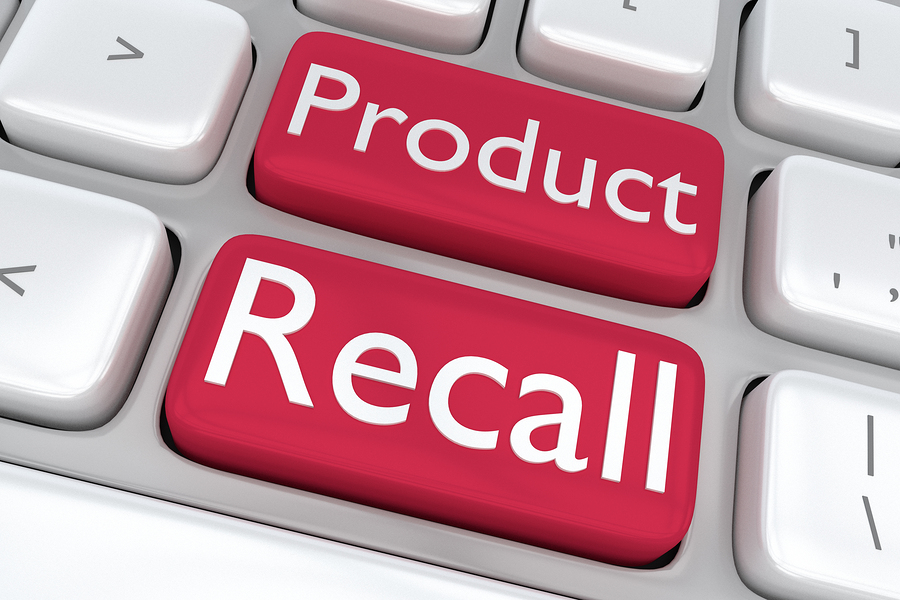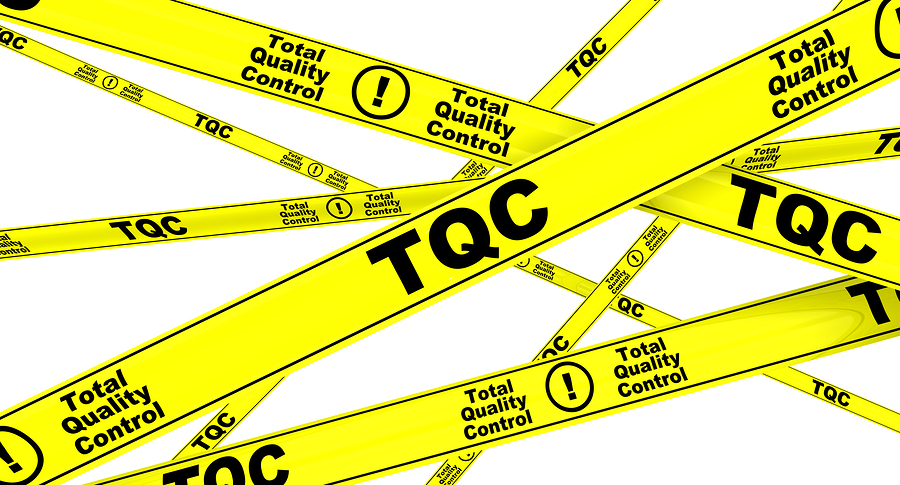I used to think that product safety was like a light switch; it was either on on or it was off off. A product was either safe, or it wasn’t. The fact is, product safety is a lot more like the thermostat in your home – it’s adjustable. When speaking of manufacturing, it’s a little safer today, and maybe a little less tomorrow. It just depends – something as simple as a scrap cart rolled carelessly in front of a fire exit can make things a lot less safe than they were just a few minutes before.
 A quick check of the Consumer Product Safety Commission’s (CPSC) website finds that since the beginning of 2016, just 60 short days ago, there have already been 56 product recalls. If you’re a promotional products distributor, you need to know that the suppliers you source from are LIKELY going to have a recall. It’s not a matter of if, but a matter of when.
A quick check of the Consumer Product Safety Commission’s (CPSC) website finds that since the beginning of 2016, just 60 short days ago, there have already been 56 product recalls. If you’re a promotional products distributor, you need to know that the suppliers you source from are LIKELY going to have a recall. It’s not a matter of if, but a matter of when.
The bigger issue is whether or not they are prepared to handle it. Do they have the protocols in place to undertake a recall? Do they have the operations and communication capabilities to make the end-user you sold to confident that their brand won’t be harmed? If not, that’s as much of a problem for you as it is for them.
Last year, QCA-certified Top-50 supplier Jetline voluntarily recalled over 30,000 power adapters/chargers. A recall is a situation that inevitably causes a lot of hype and churns the promo industry discussion. “There were those in the industry who tried to capitalize on the media hype,” said Jetline CEO Eric Levine, “but for the most part our decision was looked at as ‘thanks for setting the tone and sending the correct message.’”
 There had been only one product failure, so the end-users had a 1 in 30,000 chance of being at risk, yet Levine said the choice to recall was easy. “Reporting to the CSPC does not automatically mean that the Commission will conclude that corrective action is necessary, but it allows for an open and honest dialogue to work together to make sure there are safe products in the stream of commerce.”
There had been only one product failure, so the end-users had a 1 in 30,000 chance of being at risk, yet Levine said the choice to recall was easy. “Reporting to the CSPC does not automatically mean that the Commission will conclude that corrective action is necessary, but it allows for an open and honest dialogue to work together to make sure there are safe products in the stream of commerce.”
Part of the QCA accreditation requirements are the ability to conduct a mock recall. Like the fire drills we all did in school, a little practice can go a long way toward preventing problems when the pressure is on. My colleague, Dee Fenton, QCA’s executive director for compliance, shares some questions suppliers should be able to answer:
• Can they reproduce the harm with pieces of the item in inventory?
• Was there regulatory testing that was required? Is it available?
• Does the end-user have additional internal testing or certification requirements for this product?
• During the course of the development process, was there any indication that there was a potential issue?
• Did you consider other similar products or products with similar composition or construction that have been recalled? Were those issues addressed in the product you are conducting a mock recall for?
• Upon receipt of the product, was a documented inspection conducted for the goods on receipt at your warehouse? Can you access it?
• Do you know which customers received pieces from this particular lot?
When it comes to a recall, you know the blame game is inevitable. If a distributor sells a product that is later recalled and even if the supplier is at fault, neither the distributor nor the end-user is off the hook. Legally, both could be held liable. In addition, the recall has the potential to ruin their customer relationships. Distributors need to do their own due diligence, and research supplier partners to make sure they are working with the right companies. Not working with a QCA-accredited supplier doesn’t mean that products are not safe, but it does mean that all the responsibility for clearing the products rests with the distributor. How about you? Have you asked your preferred suppliers if they’ve conducted a mock recall?
Jeff Jacobs has been an expert in building brands and brand stewardship for more than 30 years. He’s a staunch advocate of consumer product safety and has a deep passion and belief regarding the issues surrounding compliance and corporate social responsibility. He is the executive director of Quality Certification Alliance, the industry’s only non-profit dedicated to helping suppliers provide safe and compliant products. When he's not working, you can find him traveling the world with his lovely wife, working as a volunteer Guardian ad Litem, or sometimes even enjoying a cigar at his favorite local cigar shop. Follow Jeff on Twitter, or reach out to him at jeff@qcalliance.org.